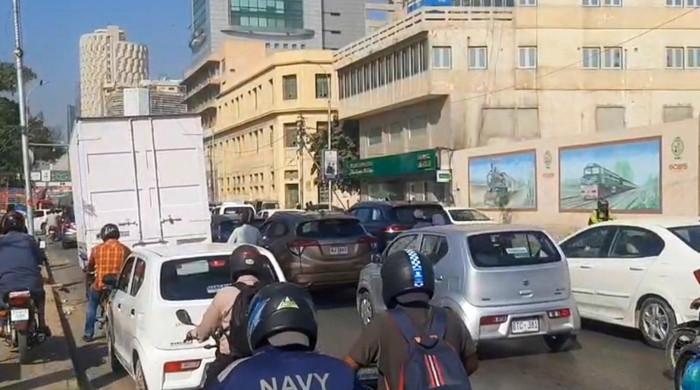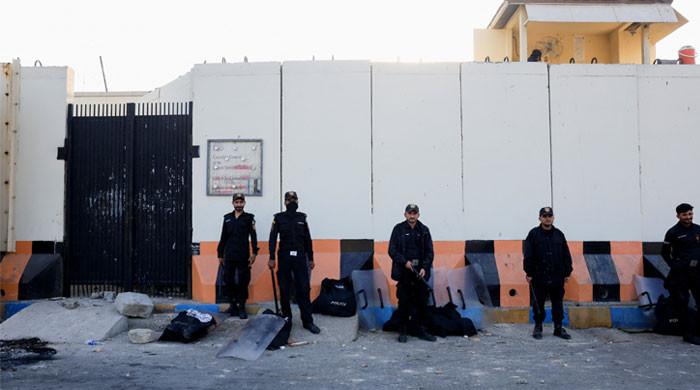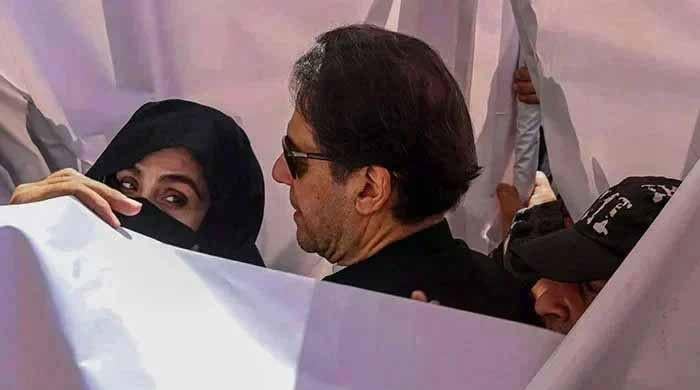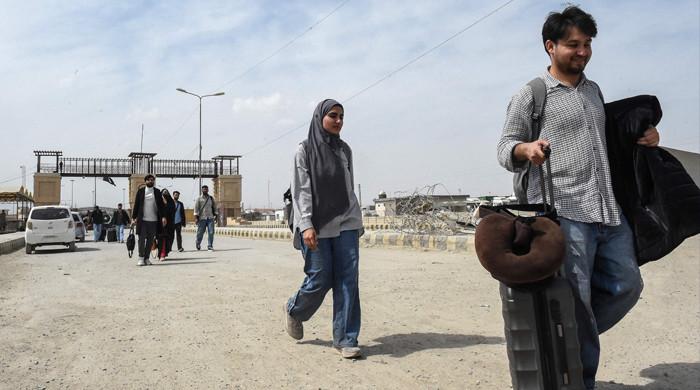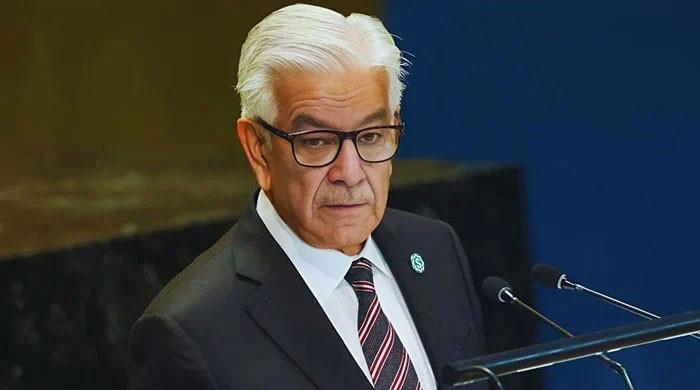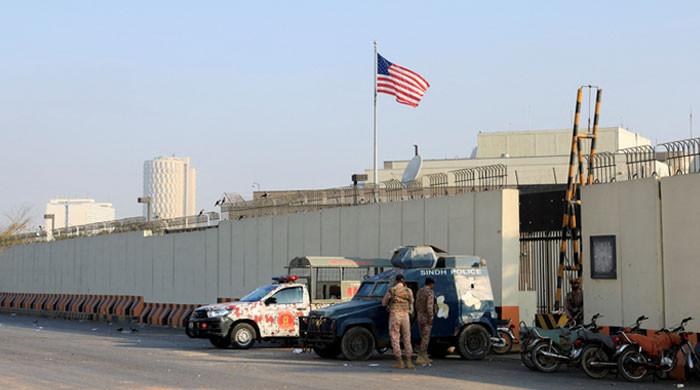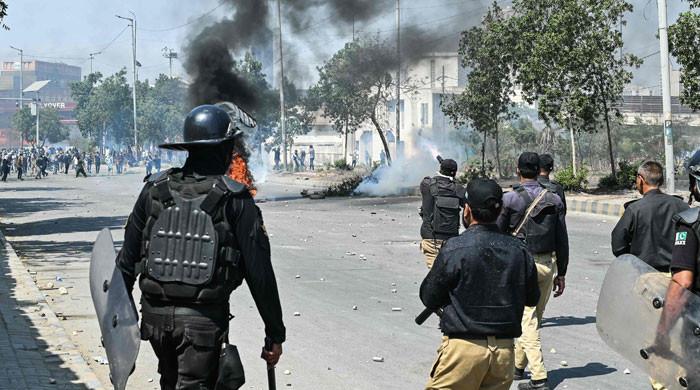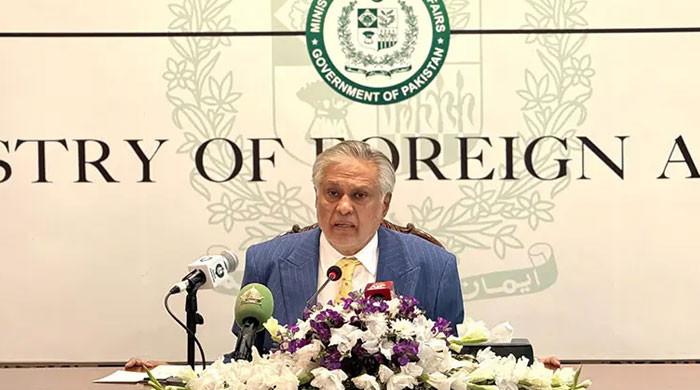Daniel Pearl case: SC says cannot suspend SHC's decision without solid evidence
The Sindh govt has appealed an SHC verdict that had overturned the prime suspect's death sentence and acquitted three others in Daniel Pearl case
June 30, 2020
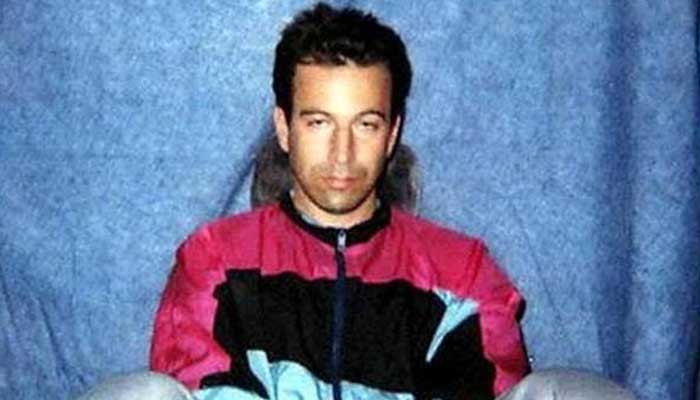
ISLAMABAD: The Supreme Court (SC) on Monday said it could not suspend a judgment by the Sindh High Court (SHC) without solid evidence. The judgment by the high court had overturned the death sentence of Ahmed Omar Sheikh and the acquitted three others accused in the murder of American journalist Daniel Pearl, reported The News.
A three-member bench of the apex court headed by Justice Mushir Alam, Justice Manzoor Malik and Justice Qazi Muhammad Amin Ahmed heard the criminal petition filed by the government of Sindh for leave to appeal under Article 185(3) of the Constitution against the impugned judgment passed by Sindh High Court on April, 2.
During the hearing, the court told Farooq H Naeek, counsel for Sindh government, that his application for early hearing of the petition had been fixed. Naek submitted that the acquitted men were not released after the verdict was announced and had been kept in detention over the Maintenance of Public Order. The learned counsel submitted that the detention period under the MPO will end on July 2.
Naek contended that one suspect has been linked to working with a terrorist organisation in India, while another one with Afghanistan. The counsel contended that there will be serious consequences if the suspects are freed.
Justice Yahya Khan Afridi, a member of the bench, wondered how the learned counsel can still call the suspects terrorists despite the court acquitting them. Justice Alam, who was heading the bench, observed that they cannot suspend the judgment of the learned high court without any solid evidence.
The judge, however, asked the learned counsel that the provincial government may extend the MPO if it wants. Meanwhile, the court adjourned the hearing until September.
Pearl, a US national and the South Asian bureau chief of American publication The Wall Street Journal was investigating militants in Karachi after the September 11, 2001 attacks on the United States.
He was kidnapped on January 23, 2002, in Karachi and later beheaded by his captors when their demands regarding his release were not met. A gruesome video of the murder emerged a few weeks after he was captured.
Originally published in The News




